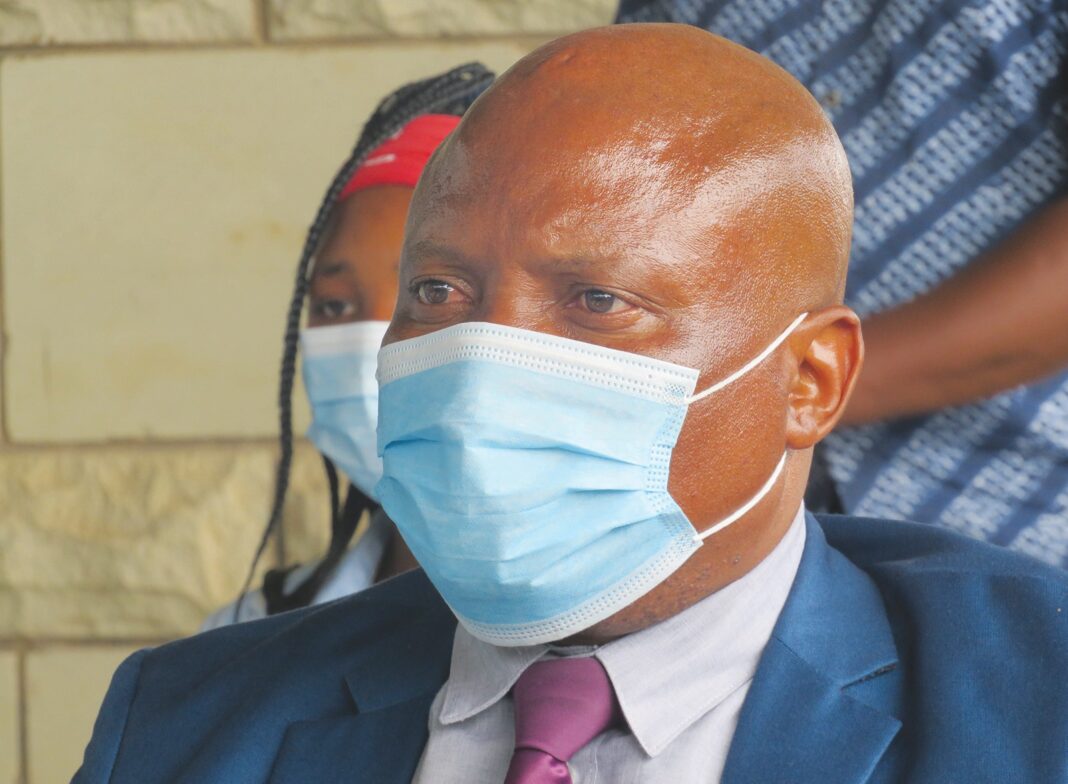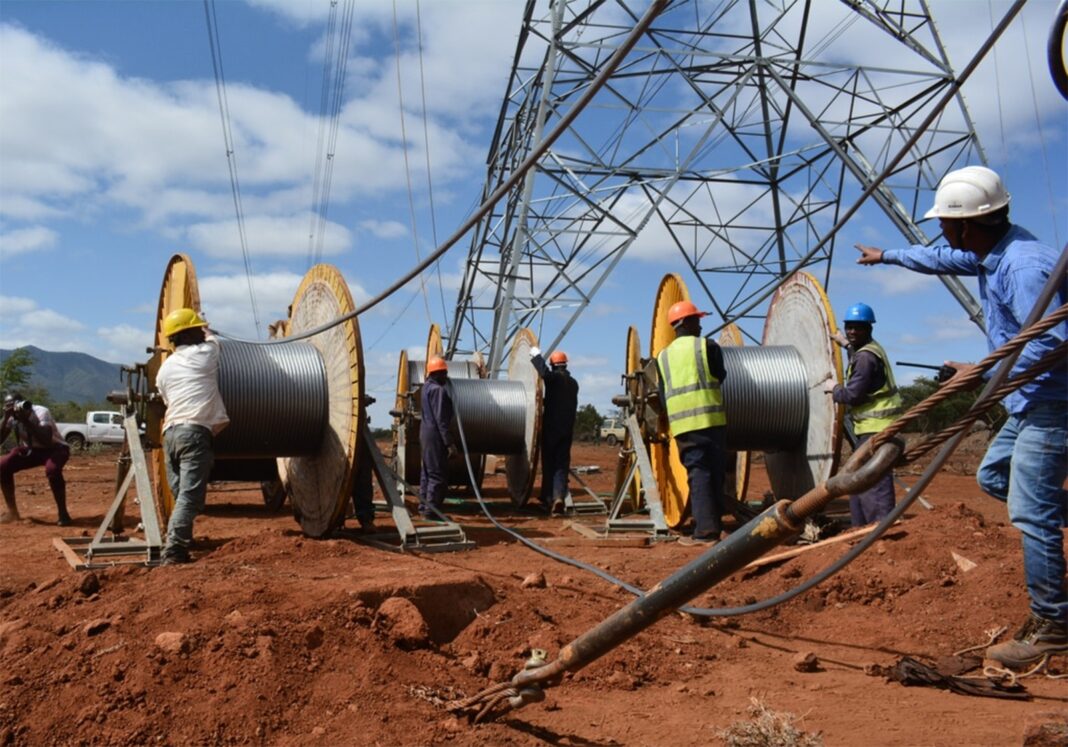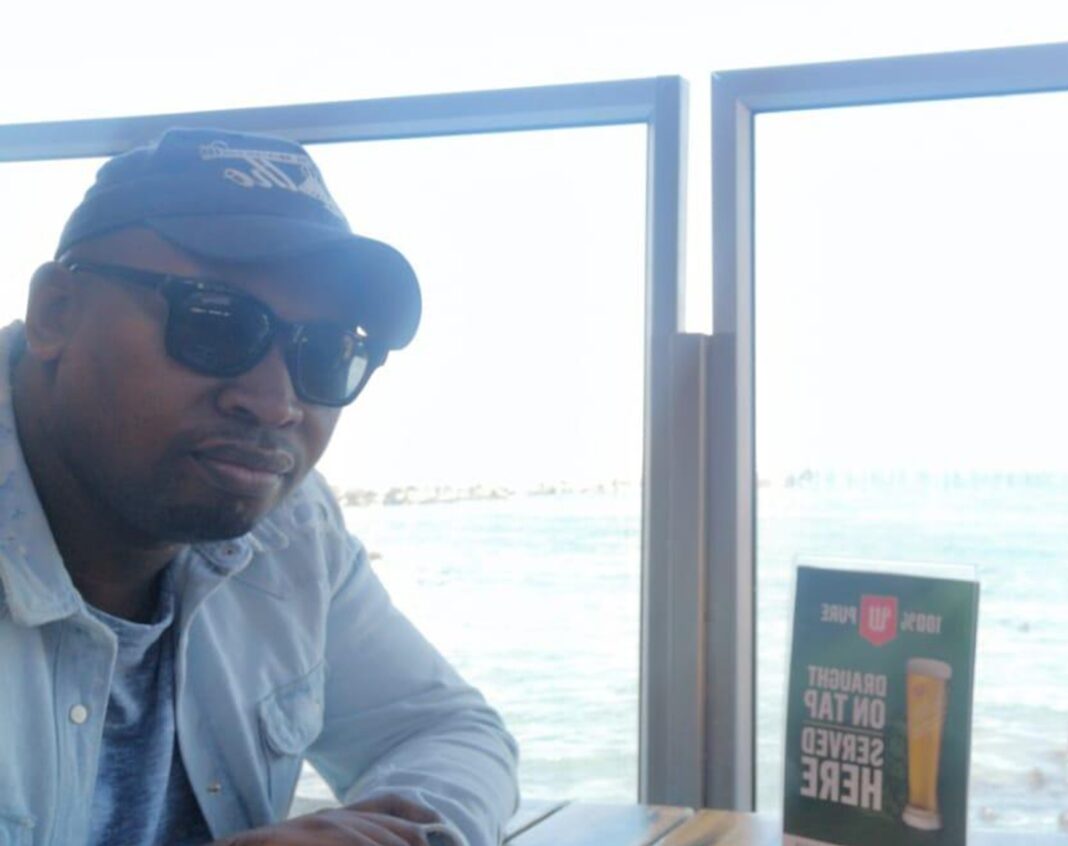By ‘Majirata Latela
A 22-year old survivor of sex slavery, who originates from Bobete in Thaba-Tseka district, on Wednesday this week received a warm welcome at the Maseru border post from family members, different ministries and both local international and non-governmental organisations’ representatives
According to Lesotho Consul currently leading Klerksdorp consulate, Liranyane Thamae, the victim left the country for Johannesburg in South Africa (SA) in September 2019 with a four-month old baby after she was promised a job. At the time, she was living in Maputsoe working as a domestic worker when she got the offer of another domestic job in SA.
Thamae said the victim realised that the job in SA was going to pay her more than what she was earning in Lesotho. She then decided to leave for SA. She was given the money by the relative who even welcomed her when she arrived in Pretoria. On arrival, she was first raped by the person who identified himself as her boss.
“The girl said she was raped in the presence of her four-month baby. As if that was not enough, she was then raped by six men that day. During this slavery, she fell pregnant and later gave birth to another baby.
“The two children are currently two years four months old and one and two months old, respectively. She was enslaved into sex work and she would never leave the house. She was not allowed to attend maternity check-ups. That forced her to deliver the baby in the house which she never left for two years.
“We were told she was rescued after some neighbours saw her in the yard and asked her what she was doing in that place. After interrogating her the neighbours tipped the police who raided the place and apprehended the perpetrator. A human trafficking case was opened,” Thamae said.
The victim’s brother – who may not be named for safety reason to protect his sister’s identity – welcomed his sibling and was relieved that she had been rescued from her ordeal. He said a long search for her had not yielded any results.
“I plead with our government to address the issue of unemployment, especially in the rural areas, because all jobless people resort to migrating to South Africa where they are apparently abused,” Molemo said.
The minister of home affairs, Motlalentoa Letsosa, said it is only by luck that the young woman was rescued “because we have received reports where some of the victims are killed by perpetrators.
“I plead with the judge to give the perpetrator a lengthy sentence. I also plead with people to be aware that human trafficking is real and is happening right in front of our eyes. It is important for people to do a thorough investigation of a job they are offered before deciding to take it.
“My ministry has been working hard in the past month making people aware of human trafficking. We will not stop until every Mosotho understands it. We will continue to speak on all platforms,” Letsosa said.
Facts from UNODC show that the most common form of human trafficking detected by international authorities is trafficking for the purpose of sexual exploitation. In 2006, this form accounted for an estimated 79 per cent of all cases globally.









